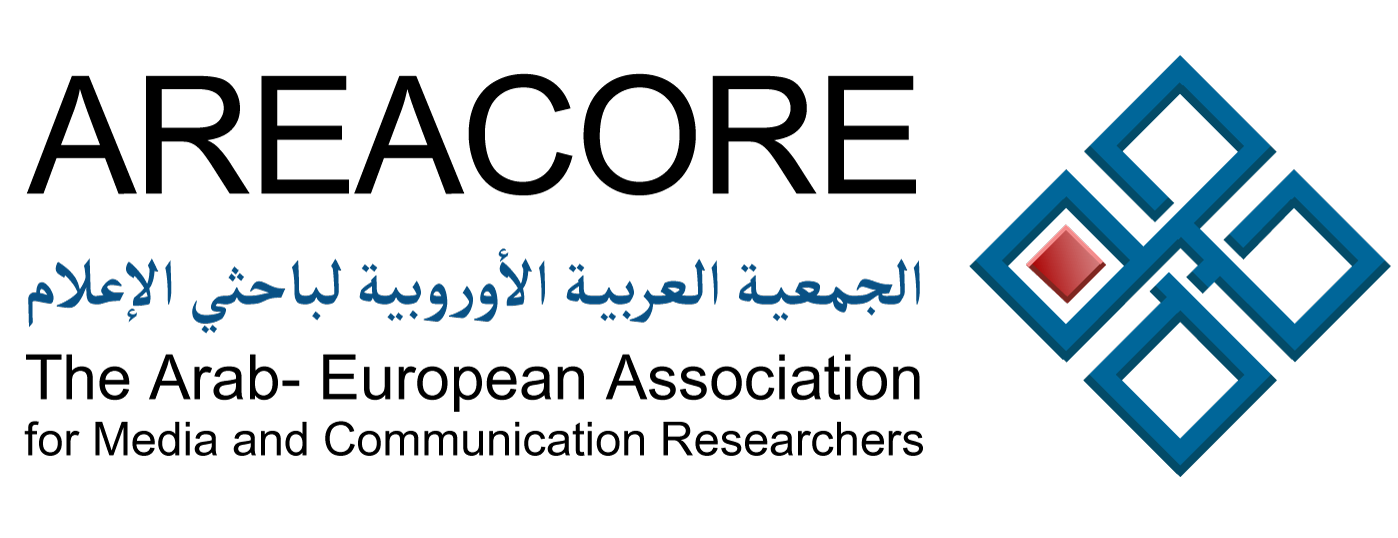by Rabiga Yerzhanova, Valeria Kachurovskaya, Ronny Volkmann & Amor Belhiba, February 2020
INTERVIEW with Mrs. Sayda Zouari, French teacher from Tunisia
“Would you say that bilingualism in the Tunisian media space promotes pluralism and freedom of expression? What are the benefits of a bilingual media system?”
Sayda Zouari: The possibility of expressing oneself in more than one language necessarily promotes pluralism. A bilingual media space facilitates an ease and richness of communication. It allows you to “switch” easily from one language to another according to the content, the subjects covered, the context and, of course, the target audience.
Tunisia, a country on the Mediterranean coast, has been characterised by colonial influence of France throughout the 19th and 20th centuries. In 1869, the Tunisian state went bankrupt and France, through a financial commission, could spread its influence on the North African country for the first time. Some 12 years later, France used a pretext to invade Tunisia and bring it under its control. After signing the Treaty of Bardo and the Treaty of La Marsa in 1881, Tunisia lost its sovereignty and became a French colony.
At the beginning of the 20th century, sentiments against the colonial rulers began to appear among the population, and the first resistance organisations and parties were formed. One of them, the Neo-Destur Party, was led by Habib Bourghiba. Together with his followers, he stood up for Tunisia’s independence for years, despite extreme opposition to the movement.
After massive riots, acts of terrorism and military interventions by France to suppress the independence movement, Tunisia finally gained full sovereignty on March 20, 1954 and became a republic, with Habib Bourghiba as its first president.
What remains of French colonial history to this day is, among other things, a language dichotomy. Although Arabic is the official language, French is still being widely spoken in Tunisia. Particularly, some radio and TV stations such as Télévision Tunisienne 1 and Radio Tunis Chaîne Internationale still broadcast in French. Regarding this we talked to Sayda Zouari.
INTERVIEW with Mrs. Sayda Zouari, French teacher from Tunisia
“Can we differentiate between French-speaking media consumers and Arabic-speaking media consumers in Tunisia? If so, what are the differences between the two groups?”
Sayda Zouari: We can distinguish two types of consumers: 1. People who are considered as seniors (= are over 50 years old), who have benefited from the Bourguibian school, which, although not a French-speaking school, still paid particular attention to the French language. These people are familiar with the French language and the French-language media in a very practical way. We can find in this group people who also consume Arabic-language media with the same ease. 2. We have a specific segment of Arabic-speaking media consumers, which began to emerge in 1970s, with the arabization of education. This arabization has been implemented in some programs. It has also cut back on the level of practice of French; these young consumers of Arabic-speaking media are now almost thirty years old.
“Do you think that the information is treated differently depending on the language used by the journalist?”
Sayda Zouari: Yes, of course it is the speaker’s job: when the speaker is a “bearer” of the French culture, it will of course affect his logic, his reasoning and even the content of his statement. the same thing happens when the Speaker is Arabic-speaking. The linguistic tool, the vehicular language, should not influence the content in general but in a way it does… On FRANCE 24, for example, the same information, in Arabic and French, is not treated in the same way.
“With the decline of the learning of French in Tunisia, can we imagine that the French language might disappear from the Tunisian media landscape?”
Sayda Zouari: I would prefer to speak not of a decline in learning, but of a setback in level, particularly in terms of methods. 1. The teaching methods, which had worked with the seniors, have become obsolete. 2. They would benefit from being supported by learning strategies. 3. It is difficult to imagine the disappearance of the French language from the Tunisian media landscape, but if we do so (imagine), it would not be because of / for the benefit of the Arabic-speaking media but for the benefit of the English-speaking media.
As we see, the linguistic situation in Tunisia (in mass media, as well as in general) is far from being homogenous. The complexity of the linguistic dichotomy French-Arabic is getting paired with English, that infiltrates all spheres of life, partially ousting French. Simultaneously, a greater focus has been put on Arabic in the course of the last 40 years.
These factors, however, do not necessarily lead to a complete decline of the French language. Another interesting point lies in the fact that information in mass media is being treated differently depending on the language, but it seems to be more of a cognitive-linguistic issue than a political one. In conclusion, while some linguistic tendencies can be observed right now in the Tunisian society, we are yet far from being able to predict their further development with a greater deal of certainty.
